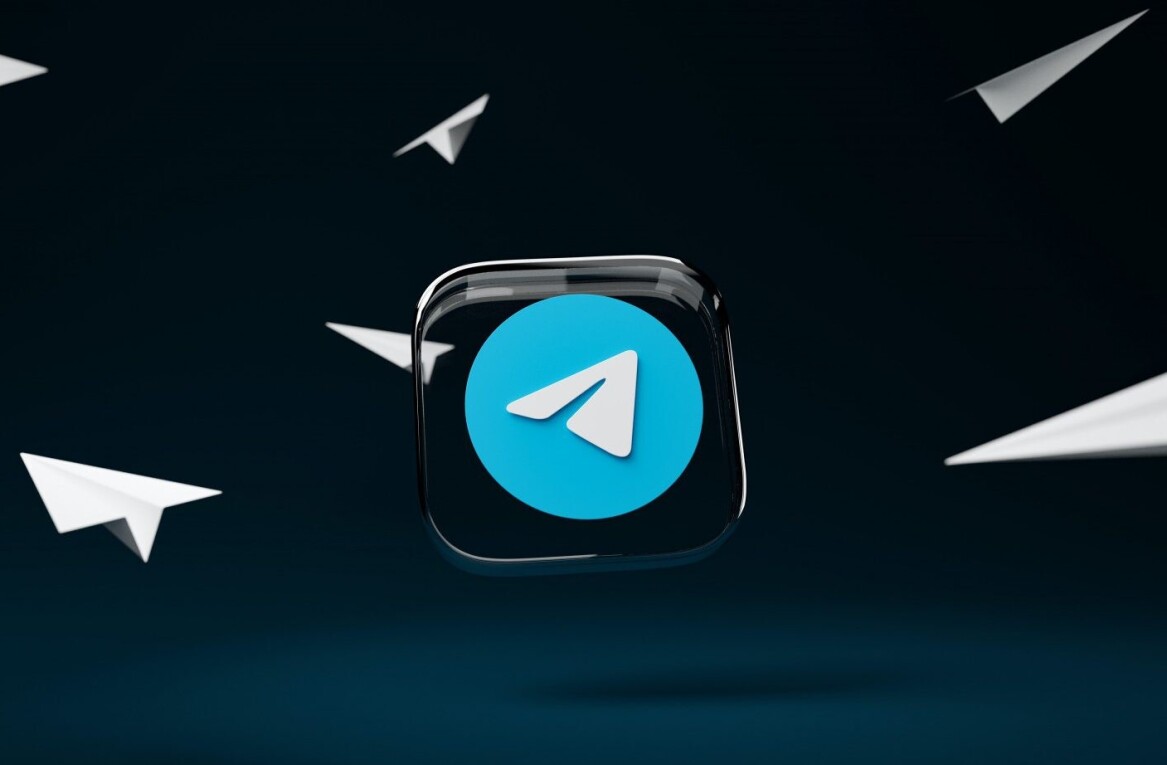
Welcome to TNW Basics, a collection of tips, guides, and advice on how to easily get the most out of your gadgets, apps, and other stuff.
Resumes are important. They help showcase your experience, skills, and potential to possible employers.
Do them right and you’ll land yourself an interview for your dream job.
Get it wrong, and you’ll end up at the top of a pile of disregarded resumes.
The fact of the matter is you need an awesome resume but don’t fret because it’s easily done and it shouldn’t take you too long.
Firstly, don’t over complicate things. A resume should be short, simple, and succinct. Stick to these three S’s and you should be on your way.
Standing out but keeping it classy
Your resume needs to be well-written, but also designed in such a way that it appeals to your audience (prospective employers). Think about what template will work for you, the position you currently occupy in your professional career, the job, and company you are applying for.
Unless you want to design your own template, you can always download one that ticks all the boxes. Microsoft Word and Google Docs have several versions you can use and adapt to make your own.
If you fancy getting a little more creative, check out some apps and services such as Curriculum Vitae (available for free on Android) and Resume.io (it offers a freemium service but some functionality is only available if you upgrade for $2.95).
If you really want to show off your creative skills and stand out from the crowd, why not create your own bespoke resume on InDesign, where you can also build an interactive version (handy if you’re applying for jobs in digital, or tech).
Overall, don’t forget that your resume’s design should be enhancing and not distracting.
The opening statement
Your resume is your chance to grab someone’s attention, it should provide enough information about your background and experience while leaving the recruiter wanting to know more.
Remember that the opening section of your resume will set the tone for the rest of the document, so make sure you get it right. The introductory statement should provide a brief and snappy overview of who you are and why you’d be the perfect candidate to fill the position. Use this opportunity to draw in the recruiter and convince them to carry on reading.
Why you’re great
Let’s be honest, the person reading your resume is unlikely to read it in its entirety, they are much more likely to skim through it and then go back to give it a more thorough read if they see something they are interested in.
This is why you should strive to include your most valuable skills and achievements at the top of each section; where the reader’s eyes are most likely to land initially.
Focus on any cool projects you led, highlight your creative skills, and keep the more mundane tasks last. Try not to include responsibilities that didn’t contribute to the company’s bottom line or your own personal development.
Last minute tips
Last but by no means least, don’t forget to check your resume for grammatical errors and typos before firing it off to prospective employers.
Make sure the style is consistent and that you’ve provided the correct contact details.
If you’ve built an interactive resume, ensure all the links work and direct the reader to the correct place.
Eagle-eyed recruiters will pick up on all the above and something as stupid as a typo could jeopardise your interview chances. SO. JUST. DON’T. DO. IT.
Get the TNW newsletter
Get the most important tech news in your inbox each week.




